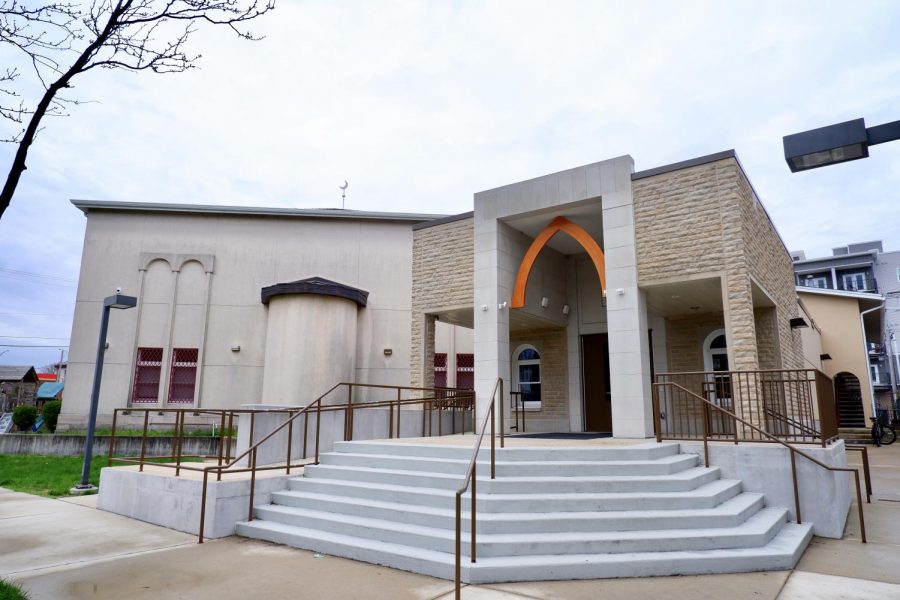Students fast on campus during Ramadan
The Central Illinois Mosque and Islamic Center sits quietly at 106 S. Lincoln Ave. in Urbana on April 10. The Muslim holy month of Ramadan started on April 12 and will be the first fasting experience some students have had on campus.
April 26, 2021
The Muslim Holy month of Ramadan started on April 12. This will be the first Ramadan on campus for students at the University in several years.
Muslims all over the world fast from dawn till dusk during this month. The pandemic and fasting on campus have changed the fasting experience for students on campus.
“This is my first Ramadan being away from my family and most students are facing a similar situation,” said Sufyan Baig, junior in LAS and the president of the Muslim Student Association. “Personally, I live next to the masjid so it has been very easy for me to pray every day. The masjid provides free iftar (the first meal eaten after sunset) boxes every day so living next to the masjid has made my life a little easier.”
Amira Dadar, freshman in Education, mentioned that the community aspect of Ramadan has significantly changed during the pandemic; however, she still tries to break her fast and eat before dawn with her friends as much as possible.
“It is going better than I expected it to,” Suaad Rashid, freshman in LAS, said. “I usually break my fast with my family every day but now it’s different eating dining hall food compared to the traditional Arab food at home. Praying is also different on campus compared to back home.”
Baig and Rashid both mentioned that Ramadan has not made an effect on them academically. The only thing they have changed is their sleeping pattern. They now sleep and wake up later; this is possible due to the online format of several classes.
The Muslim Student Association has hosted a few events for the holy month, and they have a few more events planned for the rest of the semester.
“So far, we were able to host an iftar on the South Quad,” Baig said. “We put in a space request for the South Quad. We invited people using RSVP forms. We broke our fast together. We prayed Maghrib together. Right after that, people brought their own food, so we sat together and ate food. It was a good experience overall.”
The pandemic has added a few hurdles for the MSA and the students in it.
“COVID definitely made Ramadan more difficult this year,” Baig said. “This is the first year the MSA board has to deal with Ramadan on campus. It has been a challenge for sure. COVID makes it more difficult to find spaces to host events at. We have to plan things more in advance.”
Baig also mentioned that they have to make sure that everyone is tested and take extra precautions to abide by the University’s rules.







